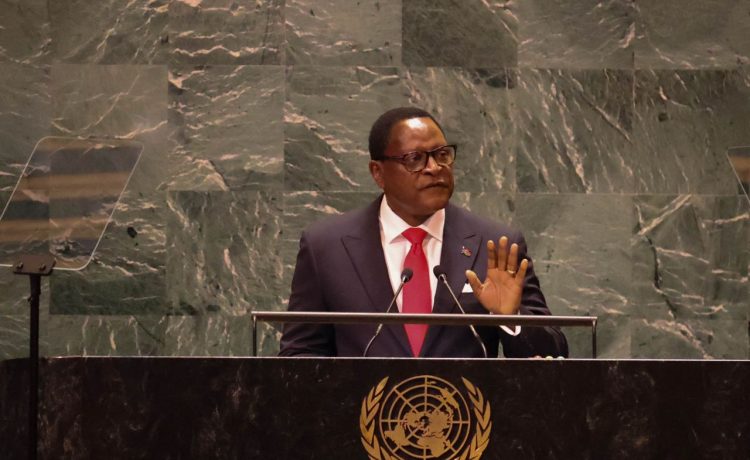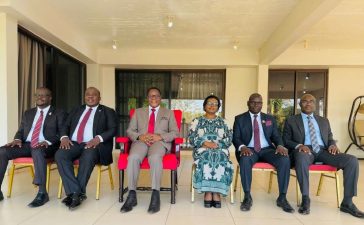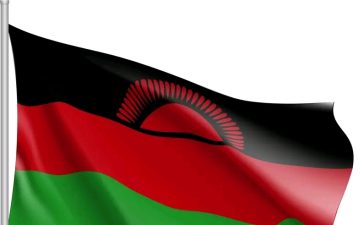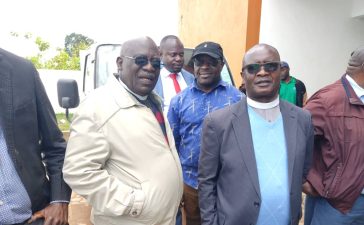Commentary by Gustion Ian Ntaba
As the leader of a nation that has repeatedly borne the brunt of global crises, President Chakwera today stood before the United Nations General Assembly with a clarion call for urgent and sweeping reforms to the UN, lobbying for democratization of the UN for it to fairly regulate cooperation, competition and conflict.
Indeed, many leaders who have gathered at the assembly share the view that the time for incremental change is over and that what the world needs now is bold, transformative action to create a United Nations that is truly fit for purpose in the 21st century.
In his address to the august body, President Chakwera made it unequivocally clear that Malawi demands the inclusion of Africa in the UN Security Council by allocating two permanent seats for continent, with full veto power. This is not a mere request, but a moral imperative. How can we expect the nations of Africa to have confidence in an international system that denies them a rightful voice on the most critical issues of peace and security?
The lack of equitable representation at the highest levels of global governance is a cancer eating away at the credibility of the United Nations. When the world’s most marginalized regions are systematically excluded from the decision-making process, how can the world expect them to abide by the rules and norms established by that institution?
But the crisis of representation is just the tip of the iceberg. The very architecture of the multilateral system is increasingly unfit for purpose, as President Chakwera outlined in his speech, multilateral agencies and financial institutions have become too slow, too inefficient, and too undemocratic to effectively tackle the complex, rapidly evolving challenges facing the developing world.
Whether it is the crippling debt burdens strangling the economies of countries like Malawi, or the chronic failure to fulfill climate financing pledges, the current global order is rigged against the interests of the Global South. This is not merely an academic debate; it is a matter of life and death for millions of African citizens, and Chakwera decided to jump on this debate with a compelling case.
He pointed out that the “spreading debt crisis in the developing world is a cancer that will make even the developed economies unsafe.” This is particularly true in the face of a brutal fact that the prosperity of the entire international community is inextricably linked to the well-being of the most vulnerable nations. We are all in this together, sink or swim.
It must accumulate on the credit of President Chakwera, therefore, for having urged the assembly to act with the utmost urgency in reforming the UN and the broader multilateral system. The world needs a strong, effective UN that can be a force for good and peace, not a weak institution that, as President Chakwera observed, can only aspire to be harmless.
Chakwera’s proposed formula is equally commendable by suggesting that at the heart of this aspired reform agenda must be a renewed commitment to the principles of democracy, equity, and fairness. As Chakwera intimated, the world cannot continue to have a global order where the rules of competition between nations are rigged to disenfranchise the developing world. From access to natural resources to the regulation of emerging technologies like artificial intelligence, the playing field must be leveled indeed.
This is not merely a matter of idealism; it is a practical necessity for maintaining international peace and stability. As President Chakwera argued in his robust speech, the absence of equity is at the root of the unwinnable conflicts that are tearing apart regions from Eastern Europe to the Democratic Republic of the Congo.
It is upon listening to his appeal that I settle to agree with President Chakwera case that the time for incremental tinkering is over. The world needs bold, transformative action to reshape the United Nations and the broader multilateral architecture. The future of our children – and indeed, the future of humanity – depends on it.
There is no denying that President Chakwera’s leadership has delivered a nation that has demonstrated the power of international cooperation to drive sustainable development, knowing firsthand the immense potential of a well-functioning multilateral system. But we can no longer accept a status quo that is rigged against the interests of the Global South.
The window of opportunity is narrow, but the stakes have never been higher. I am with Chakwera, therefore, in urging the UN assembly to heed his call for urgent reform and to embrace the democratic, equitable vision of a United Nations that can truly fulfill its noble mandate of peace, development, and human dignity for all.













